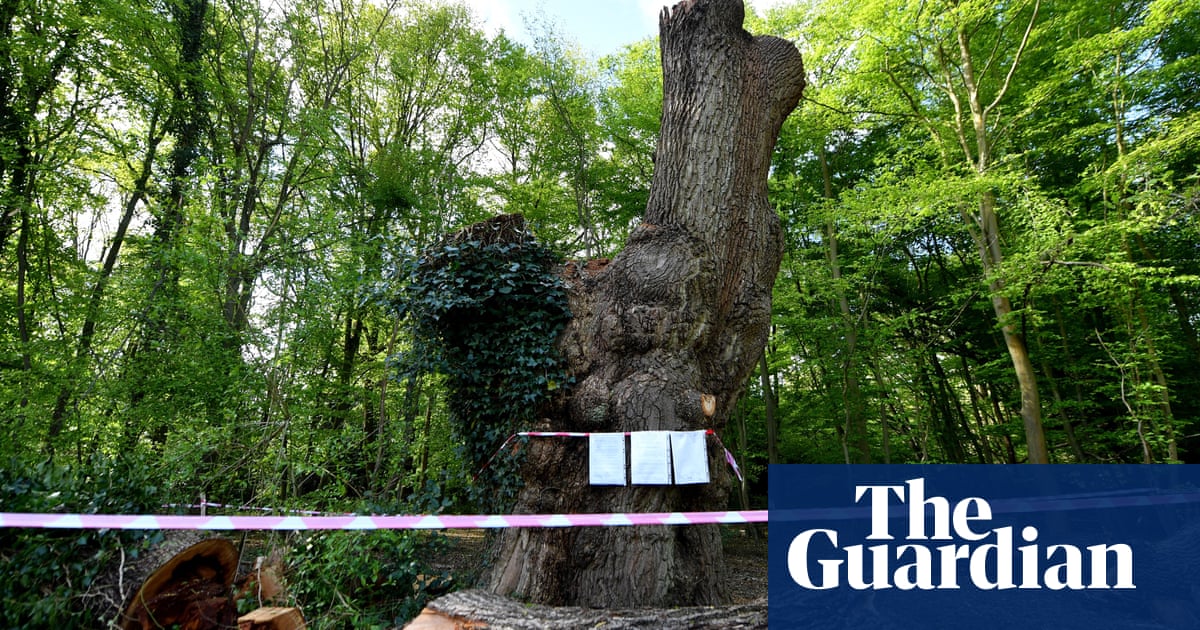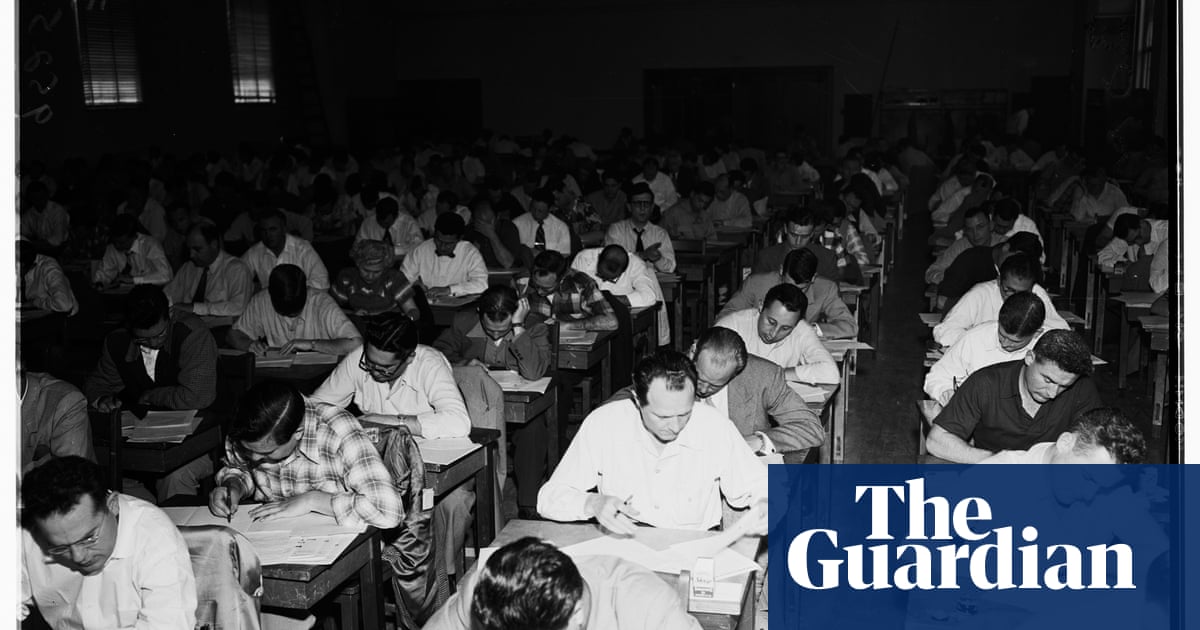Thousands of women with early breast cancer could be offered a drug to stop the cancer returning, after the medicines watchdog approved its use in England.
Up to 4,000 patients a year could be given ribociclib alongside hormone therapy, for hormone receptor-positive, HER2-negative early breast cancer, which despite initial treatment has a higher risk of returning.
Globally, one in 20 women will develop breast cancer in their lifetime, with cases up 38% and deaths up 68% over the next 25 years, according to latest analysis by the International Agency for Research on Cancer (IARC).
In the UK, breast cancer rates are expected to rise a fifth to 71,006 cases a year in 2050. The most common type of breast cancer – accounting for around 70% of cases – are hormone receptor-positive, HER2-negative tumours.
The National Institute for Health and Care Excellence (Nice) said the drug, known under the brand name Kisqali, will be available to patients with cancer that has spread to the lymph nodes and meets at least one of these criteria:
-
Cancer present in at least four lymph nodes, or
-
Cancer present in one to three lymph nodes that is either grade 3 (more advanced); or has a primary tumour at least 5cm in size.
Ribociclib targets and blocks proteins called CDK 4 and CDK 6, which play a role in cancer cell growth and division, helping to slow or stop tumour growth. It is taken as a pill twice a day, alongside an aromatase inhibitor, a hormone therapy that reduces oestrogen levels in the body.
Clinical trials show that combining ribociclib with an aromatase inhibitor may extend the time before cancer returns by up to 29%, compared with using an aromatase inhibitor alone.
The decision follows Nice approval earlier in April for capivasertib to treat advanced hormone receptor (HR)-positive HER2-negative breast cancer that has spread, which could benefit as many as 3,000 women a year.
But some cancer charities said they were disappointed Nice did not approve ribociclib’s use for those with other forms of early breast cancer at high risk of recurrence.
Claire Rowney, the chief executive of Breast Cancer Now, said: “We’re deeply concerned that thousands of people with early breast cancer could miss out on access to a vital type of treatment due to uncertainties around cost-effectiveness.
“Despite the promising potential for adjuvant ribociclib to cut the risk of cancer coming back by almost a third (28.5%), today’s decision means only certain people with high-risk node positive disease, and none with high-risk node negative disease, would receive it.
“While drug approvals are always welcome, it’s disappointing that so many people could be denied access to this vital treatment and the chance to alleviate some anxiety about their cancer returning.
“Nice and Novartis must urgently work together to resolve the uncertainties around cost-effectiveness, to ensure a swift change to guidance so that everyone who could benefit can receive adjuvant ribociclib.”

.png) 4 hours ago
7
4 hours ago
7













































